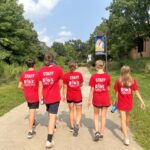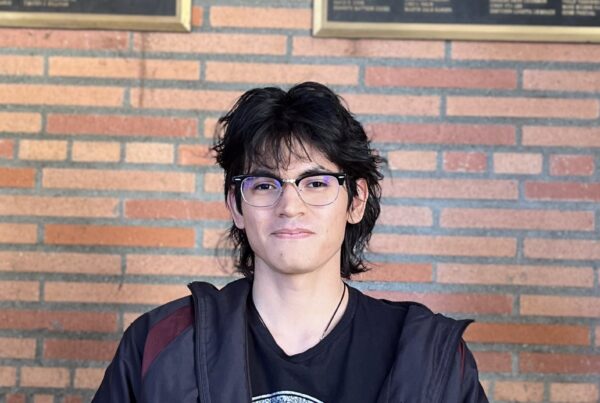This is an unprecedented time.
How many times have we all heard that phrase over the past year? For me personally, way too many to count. Unfortunately, the statement is way too true as well. All of us have been in some sort of an online form of school for over a year at this point. I haven’t physically sat in a classroom and listened to a lecture in over a year. That feels absolutely crazy. History has never seen such a drastic shift in an academic environment in such a short period of time. The college decision process has also changed as a result of the pandemic.
When I made my decision in May of 2020, I had not had the opportunity to tour many of the schools I was accepted to. Fortunately, I had already been to USC and knew it was where I wanted to attend. Students applying to colleges today have had even less experience with college tours and in-person events. This certainly changes the dynamic of making a decision. Instead of walking around a campus watching students interact, prospective students sit behind a computer screen on a webinar and listen. Although the application process is different right now, there are countless resources and ways to assess a university virtually.
If you cannot tour a campus in person or have limited access to events from the “typical” college admissions process, here are some pieces of advice for writing an application and getting to know a university during this “unprecedented” time.
1. Check out the school’s website
My first piece of advice would be to check out the university’s website. This may sound like obvious, generic advice but most people do not dig deeply into the website and miss a bunch of information. For USC, I would recommend beginning by looking at the overall school website. Take note of important themes, cool projects. USC will put things on their website that are important to them and that they are proud of, so it is a great place to start to learn more about the university.
Then begin the process of narrowing your scope. Go to the specific school website (in this case, Viterbi) and look at the posts and links. Viterbi publishes many cool student and faculty projects! You can click through links and articles that interest you and read more. Many majors or programs in Viterbi also have unique pages themselves. I looked up the industrial engineering page and found some cool programs within my major. I even found a professor whose research I was interested in and now I am working on a project with her!
Your search should be led by whatever you would like to do or find interesting. This process is all about you getting to know the school and your prospective program.
2. Make a list of questions and reach out for answers
Much of the college process is about determining what you are looking for and asking questions to determine if a school will provide that. I knew that I wanted to be involved in undergraduate research, so I asked my prospective schools a ton of questions about their existing programs and ways in which they would support my goal. Viterbi has many programs for funding and finding a professor like the Center for Undergraduate Research in Viterbi Engineering (CURVE) fellowship.
Once you understand what you are looking for, I would recommend reaching out to counselors or a group like the Viterbi Student Ambassadors to answer any questions you may have. The university wants you to get to know them and what they have to offer just as much as you do, so there are plenty of resources to do that if you take the initiative to reach out.
3. Engage with current students
The informal parts of college such as the student life and culture are also important to making a decision and are especially hard to communicate through admissions presentations. One way that I better understood the culture of USC was by reaching out to current students. All of us understand how important this decision is — we had to make it as well. We want to help you make the right one. You can engage with current students through student groups like the Viterbi Student Ambassadors who provide Q&A live chat opportunities.
4. Look at publications and projects that the student’s from the school have done
I mentioned a bit of this point in the first recommendation about the university’s website, but there are other sources to find student’s projects. I love TED talks, so I looked into USC’s club for TED and watched previous TEDxUSC conferences. This project gave me an idea of what current USC students were interested in and how engaged they were. It also gave me something to mention in my application and interview about why I wanted to go to USC. There are countless other projects and clubs that may interest you in particular, so I really encourage you to do some research and look at the presentations, projects, or papers put out by those organizations.
The college decision process is ultimately about determining what you want and how a university can offer that to you. My recommendations focused on getting to know the school on a more personal level and understanding how your experience could look as a student. It is important to understand a school before you take the time to write and submit an application.
Additionally location, price, and other factors are also important to your decision. It is by no means an easy or simple process. There is no formula to finding the perfect school — or getting into one! Furthermore, the pandemic has introduced some additional barriers to the typical touring experience. I wish you the best of luck with any future decisions and/or applications.
Fight on!















